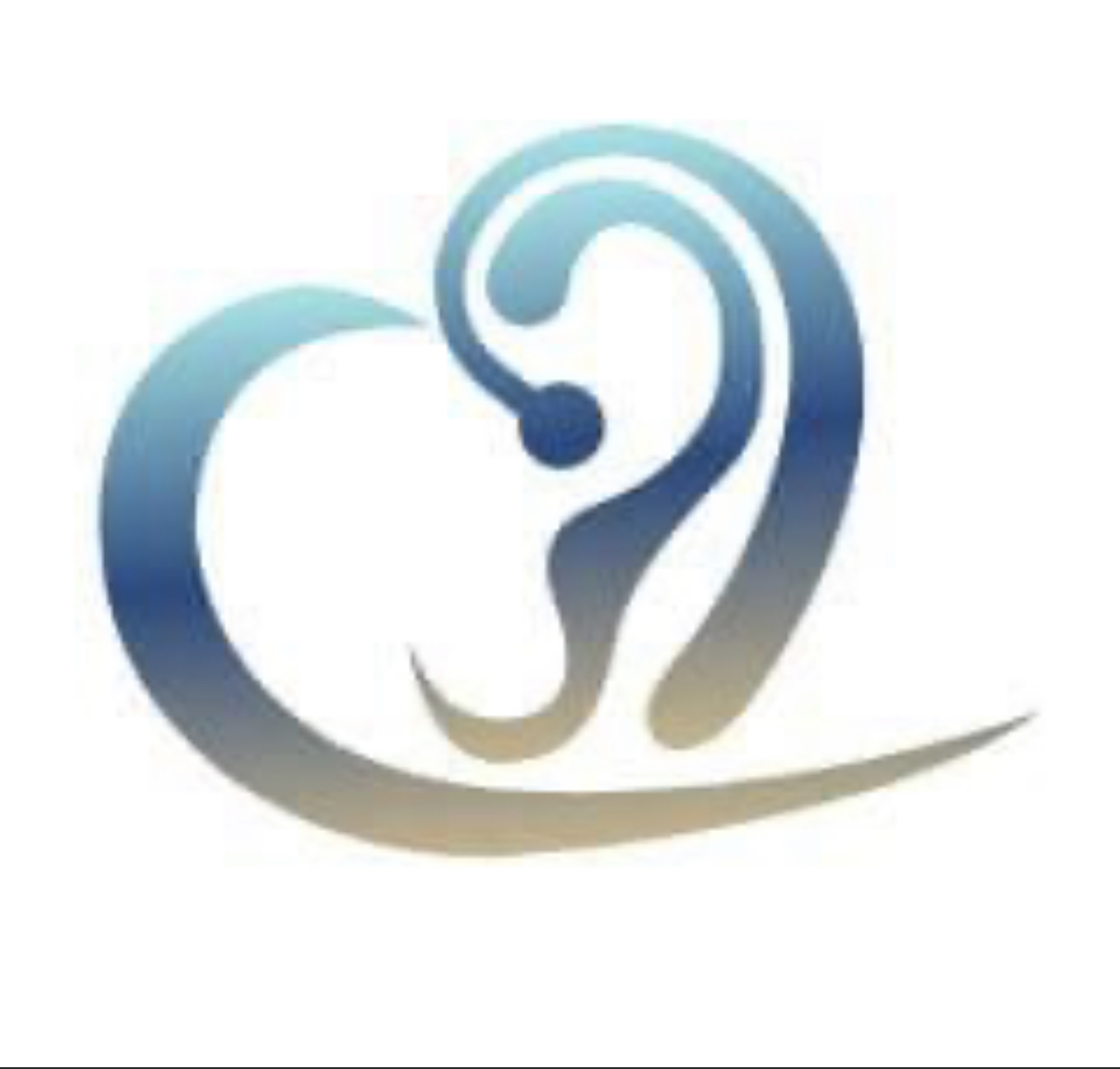Exploring Effective Solutions for Tinnitus Relief
- OPTIMUM HEARING CARE

- May 19, 2025
- 4 min read
Tinnitus, the perception of noise or ringing in the ears without an external sound source, affects millions of people worldwide. It can be a frustrating condition, often leading to significant distress and a decrease in quality of life. Fortunately, there are various approaches to find effective tinnitus relief. In this post, we will explore some of these solutions and provide practical information to help manage tinnitus symptoms.
Understanding Tinnitus Relief
Tinnitus relief encompasses a range of strategies that aim to alleviate the persistent sounds experienced by individuals suffering from this condition. The effectiveness of these solutions may vary from person to person. Here, we will discuss some of the most common and effective methods available today.

Sound Therapy
Sound therapy is one of the most widely recognized approaches for managing tinnitus. This method uses external sounds to help mask the internal noises that tinnitus sufferers hear. By introducing background noise, it can create a more soothing auditory environment, making it easier for individuals to focus and relax.
There are various forms of sound therapy, including white noise machines, specialized apps, and nature sounds. One study showed that nearly 70% of participants reported improved symptoms after using sound therapy consistently. It is essential to find something that resonates with you personally, whether that be gentle rain sounds or calming instrumental music.
Cognitive Behavioral Therapy (CBT)
Cognitive Behavioral Therapy, or CBT, is a psychological approach that aims to alter the way individuals perceive their tinnitus. CBT helps individuals develop coping strategies and change negative thought patterns associated with the condition.
Research indicates that CBT can significantly reduce the distress caused by tinnitus. It teaches individuals how to handle the emotional responses to the noise, making the sounds less bothersome. Often, CBT is combined with other tinnitus relief methods for enhanced effectiveness.

What Not to Do with Tinnitus?
While exploring solutions for tinnitus, it is equally important to be aware of common pitfalls that should be avoided. Here are a few practices that may worsen the condition:
Excessive Use of Caffeine and Nicotine: Both caffeine and nicotine can increase blood pressure and stimulate the nervous system, potentially aggravating tinnitus symptoms. Moderation is key.
Listening to Loud Music: Exposure to loud sounds can further damage hearing and exacerbate tinnitus. It is essential to protect your ears by keeping volume levels manageable.
Ignoring Medical Advice: If you experience tinnitus, consult a healthcare professional. Ignoring symptoms or relying solely on home remedies can lead to further complications.
Medication and Supplements
Certain medications and supplements can also offer tinnitus relief. While no specific drug is approved solely for tinnitus, some medications can help manage associated conditions like anxiety and depression.
Additionally, there are supplements that claim to alleviate tinnitus symptoms. Some of the most popular ones include Ginkgo biloba and zinc, though research results have been mixed. Always consult with a healthcare provider before starting any new supplements to ensure their safety and efficacy.

Lifestyle Changes
Making certain lifestyle changes can significantly contribute to tinnitus relief. Here are a few recommendations:
Healthy Diet: A balanced diet rich in fruits, vegetables, and whole grains may help your overall health, which in turn can support ear health. Omega-3 fatty acids found in fish are particularly beneficial.
Regular Exercise: Engaging in regular physical activity improves blood circulation and can reduce stress levels. Both of these effects can help manage tinnitus symptoms.
Adequate Sleep: Sleep disturbances often accompany tinnitus. Establish a calming nighttime routine and ensure a comfortable sleep environment to improve restfulness.
Innovative Technologies
Recent advancements in technology have introduced new tools for tinnitus management. For example, hearing aids come equipped with masking features that can help individuals blend external noise with their internal sounds. These devices can be programmed to suit personal preferences and levels of hearing loss.
Some apps and devices specifically target tinnitus by providing tailored soundscapes or mindfulness exercises to help with relaxation. These technologies have shown promise in providing more accessible tinnitus relief options.
Community Support
Finally, consider reaching out to community support groups. Many individuals find it helpful to connect with others facing similar challenges. Support groups can offer practical advice, emotional support, and share experiences that lead to effective management strategies.
Engaging with online forums or local organizations can make a significant difference in how you cope with tinnitus. Sharing experiences can empower you to take more decisive steps towards relief.
Putting it All Together
Finding the right solution for tinnitus relief may require a combination of these methods. Everyone’s experience with tinnitus is unique, and what works for one person may not necessarily be effective for another. However, understanding the options available gives you the necessary tools to explore how best to manage your symptoms.
For many individuals, learning about how to treat tinnitus effectively involves a multi-faceted approach that combines sound therapy, cognitive behavioral therapy, lifestyle changes, and possibly technological assistance.
Implementing these strategies into your daily routine can positively impact your experience with tinnitus. Remember, it’s essential to consult healthcare professionals for personalized advice and treatment options tailored to your specific situation.
Final Thoughts
While tinnitus can be challenging, there is hope for relief and improved quality of life. By exploring various solutions, from sound therapy to community support, individuals can find ways to lessen the burden of this condition. Stay proactive, stay informed, and remember, you are not alone in this journey toward tinnitus relief.








Comments